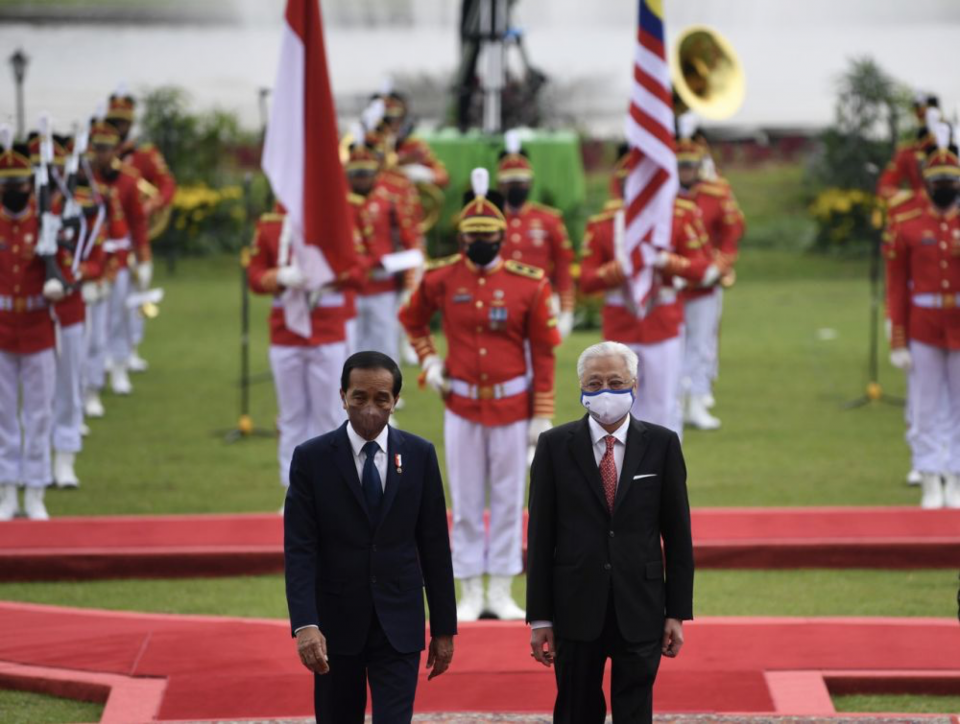Malaysia has always been a competitive nation in Southeast Asia but the recent political instability is clouding its future in the digital economy sector.
As a result, this has caused foreign investors to shift their focus on neighbouring countries such as Indonesia.
It is reported that greater political stability, clear regulations and a rapidly growing market are giving Indonesia an edge in the race to dominate Southeast Asia's digital economy according to SCMP.
Besides that, reform-oriented President Joko Widodo's massive overhaul of the country's regulatory framework helped with boosting business confidence.
Foreign Companies Attracted to Indonesia's Growing IT Market
- Amazon announced at the end of 2021 that it would be investing approximately $5 billion in Indonesia over the next 15 years.
- Google announced its desire to expand its cloud services across Indonesia back in 2020.
- In 2021, Tencent raised the stakes higher with plans to implement two new data centres in Indonesia by the end of the year.
- Indonesia has the second most number of data centres in Southeast Asia after Singapore; Jakarta has 62 data centres compared to Kuala Lumpur which only has 44.
- Indonesia also hosts 5 data centres belonging to Equinix, a major US digital infrastructure company, while Malaysia has none.
Indonesia's Larger Population and Booming Economy
- Indonesia has amassed billions in foreign direct investment (FDI) over the past 10 years, more than Malaysia in every year except for 2016.
- In 2019, Indonesia's FDI amounted to US$28.2 billion, compared to US$7.57 billion for Malaysia.
- Indonesia has the 4th largest population in the world, of more than 270 million people, 8 times of Malaysia's population, and is set to grow further with an abundant workforce and a well-educated middle class, thus having three times the size of gross domestic product (GDP) compared to Malaysia.
- Even though Malaysia has a market with larger purchasing power and a higher global ranking in competitiveness, it remain insufficient to curb the country's declining trend in FDI inflows due to slow structural and institutional reforms and a string of mega-financial scandals.
Political Woe Looms over Malaysia
- Political instability in Malaysia, has seen a change of guard in quicker intervals; 3 prime ministers since its last 2018 general election.
- The political woes have lead to policy changes which have severely affected investor's confidence.
- A fine example was Malaysia's decision to revoke operational exemptions for foreign ships involved in submarine cable repairs in the country’s waters.
- As a result, both Facebook and Google will re-route their jointly-developed submarine cable to bypass Malaysia where the 12,000km cable system will connect Singapore, Indonesia and the Philippines with Taiwan, Guam and Japan.
- Facebook and Google’s bypassing of Malaysia is expected to cost US$3.7 billion loss of potential FDI as reported by analysts.
- On the other hand, economists have praised Indonesia's President Joko Widodo for his extraordinary leadership in reforming the country and setting up transparent policies.

